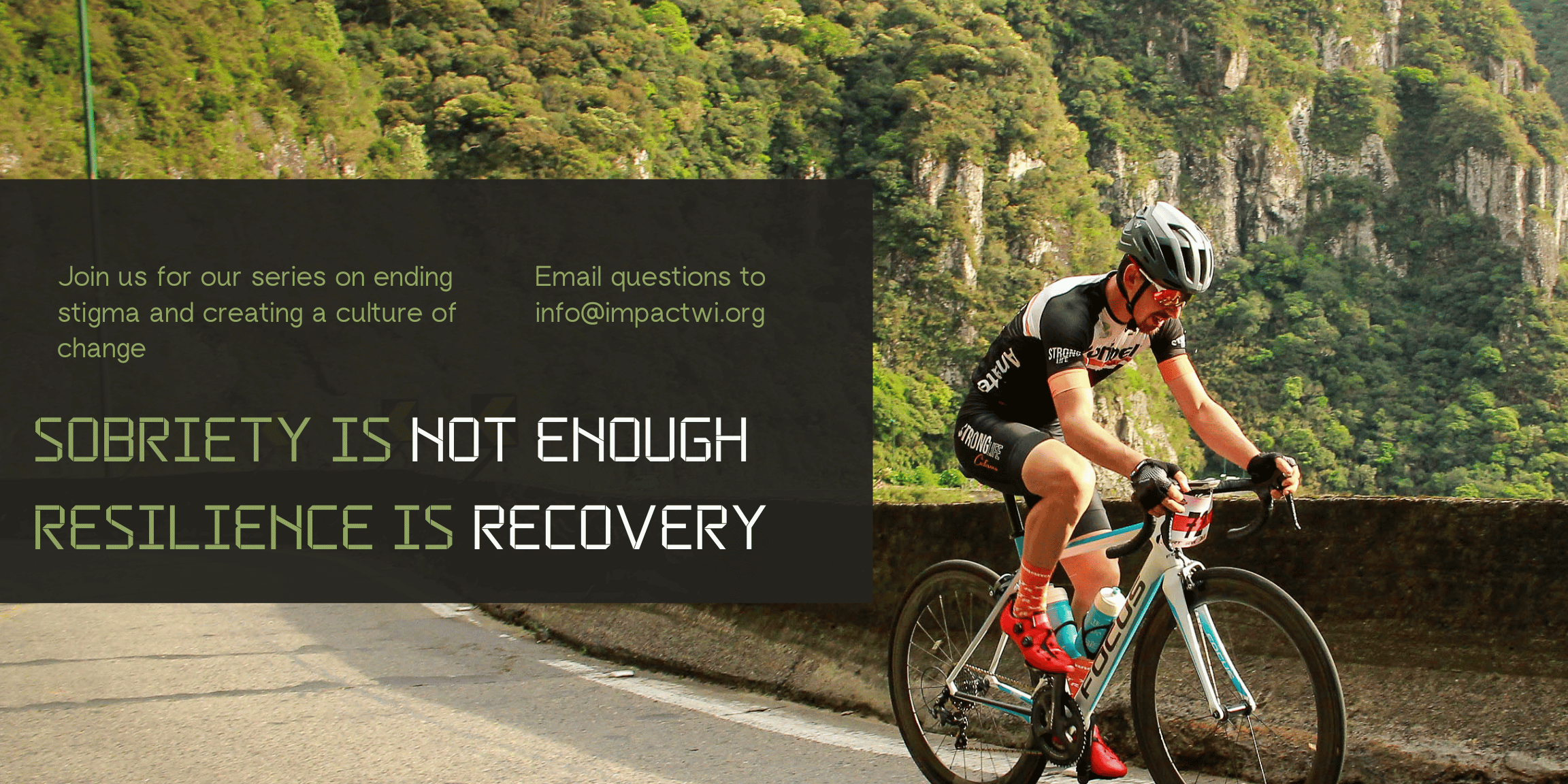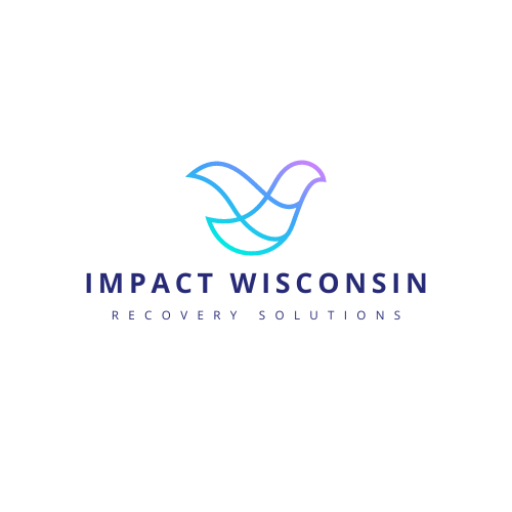

That Little Red Building
In June of 2023, as I stepped into the role of interim director at Mission of Hope in New London, WI, I was fueled by a mixture of excitement and a strong desire to serve my community in a new capacity. This opportunity presented itself as a promising endeavor while...
Leading Upside Down
As the founder of Impact Wisconsin, I embarked on a leadership journey that challenged conventional wisdom and transformed not only my approach to leadership but also the very foundation of our organization. At the inception of Impact, we stood at a crossroads,...
From Table to Delivery: Origins of Impact
In the metaphorical coldest winter of my life, amidst the stark challenges and the biting cold of uncertainty, a warm light began to flicker, heralding the dawn of a new chapter not just for me but for an entire community in need. This light was Impact Wisconsin, a...
The Tipping Point
At a pivotal church planters conference, amidst a sea of aspiring leaders and visionaries, I encountered a person who would forever change the trajectory of my professional and personal life. It was a meeting that began as a simple conversation but unfolded into a...
Where to start? The Winter of 2022
As the cold winds of the winter of 2022 swept through, they brought with them a period of introspection and realization that would forever alter the course of my life and work. This season wasn't marked just by the chill of the season; it was a chilling recognition...

Resilience is the ability to bounce back from adversity. It is the ability to withstand shocks and stresses, and to recover from setbacks. Resilience is important because it allows us to cope with difficult situations and to maintain our well-being.
There are many different ways to measure resilience. One way is to look at how quickly someone recovers from a setback. Another way is to look at how well someone copes with stress. Still another way is to look at how well someone bounces back from a difficult situation.
There are several reasons why resilience is a better way to measure recovery than traditional measures, such as healing time or the number of setbacks. First, resilience is a more holistic measure. It takes into account the whole person, including their physical, mental, and emotional health. Second, resilience is a more dynamic measure. It takes into account the person’s ability to cope with stress and to bounce back from setbacks. Third, resilience is a more empowering measure. It focuses on the person’s strengths and abilities, rather than their weaknesses.
There are many things that can be done to increase resilience. One is to build strong social support networks. Another is to develop coping skills. Still another is to practice mindfulness.
Resilience is an important quality that can help us to cope with difficult situations and to maintain our well-being. There are many different ways to measure resilience, and there are many things that can be done to increase it.
Here are some specific examples of how resilience can be measured:
- The number of setbacks someone has experienced in the past year, and how quickly they recovered from each setback.
- How well someone copes with stress, such as how well they manage their emotions and how well they sleep.
- How well someone bounces back from a difficult situation, such as how quickly they return to their normal routine and how well they maintain their relationships.
Here are some specific examples of things that can be done to increase resilience:
- Building strong social support networks: Having friends and family who you can rely on for emotional support can help you to cope with stress and to bounce back from setbacks.
- Developing coping skills: Learning how to manage your emotions, how to deal with stress, and how to relax can help you to cope with difficult situations and to bounce back from setbacks.
- Practicing mindfulness: Mindfulness is the practice of paying attention to the present moment without judgment. It can help you to reduce stress, improve your mood, and increase your resilience.
Side Note: The Evolution of Mission
In early 2016, I found myself standing at the threshold of a revelation that would redefine my understanding of faith, leadership, and community service. My encounter with a church plant—Millcity Church in Wisconsin—opened my eyes to a world I hadn’t known existed. Up...
That Little Red Building
In June of 2023, as I stepped into the role of interim director at Mission of Hope in New London, WI, I was fueled by a mixture of excitement and a strong desire to serve my community in a new capacity. This opportunity presented itself as a promising endeavor while...
Impact Wisconsin Announces Exciting Update of Peer Resiliency Support Specialist Training
We at Impact Wisconsin are thrilled to announce the launch of our latest initiative, the Peer Resiliency Support Specialist Training program. Designed to empower individuals with lived experience in substance use disorder and mental health recovery, this program is a...
Beyond Sobriety: How the Recovery Capital Index Guides Holistic Healing
In the journey of recovery, measuring progress extends far beyond the binary measure of sobriety. While abstaining from substances is a significant achievement, it represents just one facet of a multi-dimensional process. At Impact Wisconsin, we understand that...
The Recovery Capital Index
The Recovery Capital Index (RCI) is a tool that measures the well-being of people who are recovering from addiction. The RCI was developed by Face It TOGETHER, a non-profit organization that provides support to people who are recovering from addiction and their loved...
